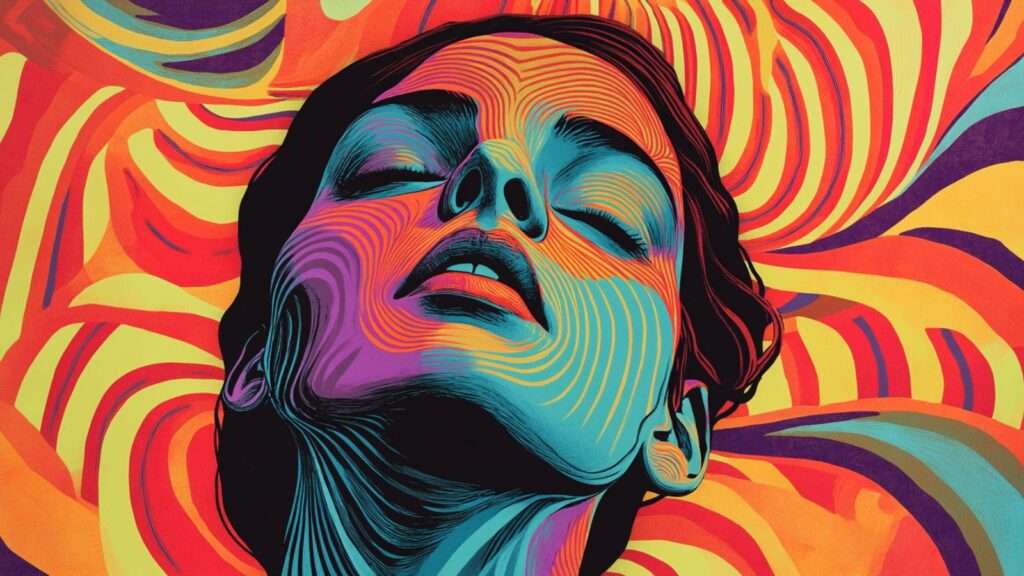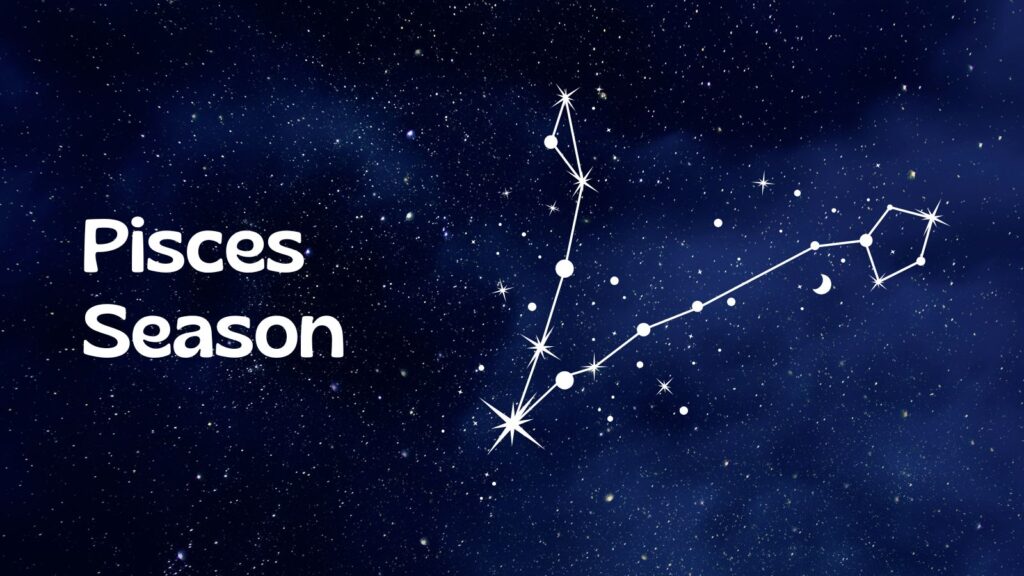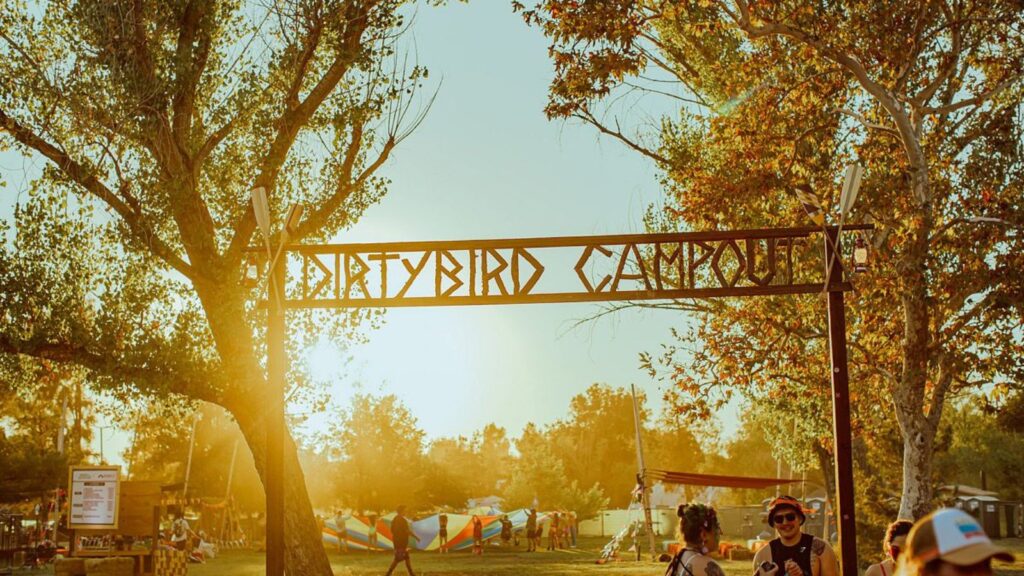"Consciousness
is the most stubborn stuff in the universe, and the most fluid," says Lily, a
character in my futuristic novel, The
Fifth Sacred Thing. "It can be rigid
as concrete, and it can change in an instant.
A song can change it, or a story, or a fragrance wafting by on the
wind."
In
these times of chaos and opportunity, a great shift in consciousness is what we
need. That's the premise of Evolver and Reality Sandwich, and why so many people are looking to help
midwife a transition to a more interconnected, loving and compassionate way of
being.
Climate
change, environmental destruction, social unrest and inequality all clamor for
massive change: in our economy, our technology, our politics, our systems for
producing what we need, growing our food, educating our young, caring for our
sick and elderly — just a few things! And
the good news is that we actually have the know-how and the resources to make
those changes, if we so choose. The
obstacles are in us: our values, our choices, our ways of perceiving. Unless we change the consciousness that
maintains this mess, how can we get out of it?
Stories
shape our perceptions of the world. They
frame reality for us, telling us what is possible and showing us how a hera/o
might act. Shit happens — but the stories
we tell ourselves determine what pieces of it we deal with and how. Facts exist, but stories give them meaning
and value.
The Fifth
Sacred Thing, published in 1993, is a story that has already influenced
hundreds of thousand of people. But my
determination to make it into a movie that can reach far more people comes from
my belief that what Lily says is true. A
story can shift consciousness. A story
can become a magical working, a spell.
Magic — defined
by occultist Dion Fortune as "the art of changing consciousness at will," is a
discipline I've been studying for more than four decades, since I stumbled into
a network of Witches, Goddess worshippers and out-there Pagans back in the
exuberant, experimental days of the ‘60s.
Magic could be termed ancient psychology, primeval mind-training. And here's what I know:
To
work magic, you need vision.
A
vision tells us what we want. A powerful
vision stretches our imagination to encompass what could be. Vision combats those dreary voices in our
heads constantly whining, "There is no alternative." "This is how it is, and how it always was,
and how it has to be." Vision says, "Here's something wild and crazy and beautiful and life-affirming that could
be, and why not?"
From
vision, we wrest an intention — "Yeah!
Here's the piece of it I'm going to make come true." And into that intention, embodied in sensory
images of things we can touch and taste that carry an emotional charge, we pour
energy. We focus our will. Bingo!
We've got change. Granted, it
isn't always exactly the change we had in mind, given the interplay of multiple
forces in the universe and the general perversity of things. But at least it's usually movement in the
right direction.
As
a society, we're suffering from a vision deficit as far as the future
goes. There are a handful of novels like
mine, Ernest Callenbach's Ecotopia,
Marge Piercy's Woman on the Edge of Time,
Chris Carlson's After the Deluge, Pat
Murphy's The City, Not Long After,
Ursula LeGuin's Always Coming Home. But I can't think of a single feature film
that shows a positive vision of a future here on earth. How can we create a viable future if we can't
even imagine it?
So
making this movie, for our team, is more than just a creative project. It's a mission. We want to bring the story and the vision to
the screen in a way that will make people laugh, cry, sit on the edge of their
seats wondering what will happen next, and come away hopeful and inspired to
dream up their own visions, to take charge of the future they want to create.
Then
we want to provide the information, the links and connections they'll need to
go home and make some piece of it real.
And
we want to do this all in a way that embodies the values we espouse. To that
end, we've employed some of the principles of permaculture, a system of
ecological design that creates systems to meet our human needs while
regenerating the world around us.
Permaculture infuses the vision of the city in The Fifth Sacred Thing — from gardens in the streets to rain catchment
on the roofs. But permaculture isn't
only about food and energy systems. Its
principles also can apply to social organization and business.
If
permaculture has one overriding principle, it's that abundance springs from
relationships. We're not designing a
bunch of separate elements of a system so much as designing the connections
between them.
Setting
out to make the movie, we began by looking at our resources and
constraints. By 'we' I mean our core
team of myself, Philip Wood, aka Mouse, the producer who founded Yerba Buena
films, and Paradox Pollack, an old friend who has been doing choreography and
motion direction on major feature films in Hollywood. The biggest constraint — we had a laughable
amount of money. Perhaps never in the
history of movie-making have three people with so little money and such funny
names set out to make a movie together.
To get it made will require no little magic of our own.
We
are, however, tremendously rich in relationships. To begin with, hundreds of thousands of
people have read the book, and a good percentage of them don't just like it,
they love it. Okay, some people probably
hate it and there are a few people out there who don't like me too much (the
Pope, my aunt-by-marriage in Bethesda) but they are outweighed by dozens,
hundreds, maybe thousands of people who look upon the project with favor. Mouse and Paradox between them seem to know
every cool, edgy artist, filmmaker and musician on the West Coast. I work with permaculture groups, earth-based
spirituality circles, and activists world-wide.
In the Bay Area, I have long-standing relationships with organizations
that serve the inner city, with community gardens and teachers, organizers and
artists.
Which
is all very well, but getting together the immense amounts of money a feature
film requires would mean dealing with those whose interests were more in raw
profits than in social benefits. Plus,
that much contact with Hollywood might taint us like the bite of the raving,
gnawing zombies Paradox choreographed in I
Am Legend. How could we immunize
ourselves, and gain some clout in that cut-throat world? Better, how could we attract people from that
world who share our values and hold similar goals?
The
key, we know, is our own magic: our clarity of vision and intention. We wrote up a Green Plan, to show how setting
a new bar for environmental accountability and social justice could benefit the
project in those tangible ways investors understand — saving money, gaining us PR
value and generating positive buzz from the beginning. In magic, like attracts like. If our values and our ways of working are in
alignment, we'll attract people who share our vision.
One
of the principles of permaculture could be stated simply as "Prepare the
ground," or "Feed what you want to grow."
Create the conditions that are going to further the behaviors and
results you want. Instead of dousing
pests with chemicals, organic gardeners feed the soil and plant flowers to
attract beneficial bugs that will keep the others in check. By starting the project with a clear
intention, we would prepare the ground for the project to grow with social and
environmental accountability.
Another
principle is that of 'edge': the edge
where two systems meet is often more dynamic and diverse than either. Where the ocean meets the shore, the waves
create a wide spectrum of niches for an incredibly diverse collection of life
forms. And around the edges of
Hollywood, where creativity and the profit motive sometimes meet gracefully and
sometimes collide, are people who are looking to make magic, to use the power
of the media to shift consciousness in important ways.
And
one more permaculture principle:
"Stacking functions." Every
element in a system serves more than one function. Plant your thorny roses on the fence to deter
intruders, plant a variety that provides hips as well as flowers and is close
enough to the rose's original form so that it can feed pollinators. For us, the movie serves many functions — entertaining,
inspiring, educating, generating resources including money, but beyond all
that, we see it as a platform to actually make the vision real. Once people see that inspiring future,
they'll be able to go to the website and find the tools and resources they need
to start building pieces of it. That's
already happening in our website forum.
When we create sets, instead of destroying them at the end of shooting
we'll design them to remain and become permanent infrastructure for the
community — gardens, greenhouses, sculptures, and murals. We're starting to work on alternate reality
games to link to our site that will encourage people to begin creating pieces
of the vision and connecting with others around it. We're telling people, "Don't wait for the
movie to come out — start creating the future now!"
Armed
with our knowledge of magic and permaculture, we gulped, took a deep breath,
and set up a Kickstarter crowd-funding campaign. It has two purposes: first, to raise the
funding we need to move to the next phase, and second, because we know we're going to have to go persuade investors
and actors and a top director that this is a project they just have to be part
of. Besides a powerful story, a kick-ass
screenplay (if I say so myself!) a forward-looking Green plan and a solid business
plan, we knew that a very strong argument would be showing the support that is
already in place for the movie. Of
course, we could just say, "All my friends say it's a wonderful idea," but we
thought it would be more persuasive to have actual figures, like fans of our
Facebook page, visitors to our website, and above all, people who have already
plunked down their own hard-earned cash.
For
me, getting on camera and asking people to give us money was a terrifying
prospect. I much prefer being behind the
computer or the lens of the camera.
Terrifying
also because our private dream became a public commitment. Suddenly we were answerable to hundreds,
potentially thousands of people that would be expecting us to do it and be
disappointed if we failed. And so many
elements of it are still beyond our control!
I hate to disappoint people. Even
if we make the movie greener than green and create jobs for inner city kids and
plant gardens that will remain as community gardens and build sets that will
stay as infrastructure, even if I do my absolute best to safeguard the themes
and the vision and still make the drama work, what if people don't like
it? Oh please, Goddess, can't I just go
stand in front of a tank somewhere?
Over
the last year, I've been relearning to ice skate, something I did as a kid but
haven't done for decades. There's a
terrible moment when you have to let go of the rail, and trust yourself to the
ice and your own sense of balance. You
can fall, and fall hard-but with luck you can also glide.
"Where
there's fear, there's power," Witches say.
Embracing the fear, taking the risk of failure, generates energy and
power to infuse the vision. Clutch the
rail, play safe, and it will never happen.
"One
act of courage can change the world," Maya, the storyteller, says at the
Twentieth Anniversary of the Uprising.
With that as our tag line, how could we not take risks?
And
what we've discovered is that people are hungry to be involved in this
project. So many people long to be part
of something that has meaning, something that can potentially help set us on a
better road. A movie is a collaborative
project, and this one is big enough to have room for many people to own the
vision and make it their own. I feel so
touched and thrilled ever time I hear someone say, "Yes — I want to be a part of
this!" And we do hear it, over and over,
from artists, musicians, sculptors, permaculture designers, actors,
filmmakers-so many talented, gifted people want to be part of our team.
All
my life I've gotten in trouble for inviting people to things I shouldn't have
invited them to, making events public that other people wanted private, crossing boundaries, letting strangers stay
in the guest room. Now, I can indulge myself by inviting everyone in the whole
wide world to be part of something, no barriers! Wow!
And
so we're inviting you, too, to jump aboard.
Come "Like" us on Facebook, check out our website, and help us with our
rather audacious attempt to make Kickstarter history — not so much by the dollar
amount we raise, but by the number of backers we can acquire. Kick in as little as a dollar, and you'll
help give us an even more compelling argument we can take to investors and
actors and the top director we hope to attract.
Help us make the magic-and you'll help make the vision real.
Website:
Facebook:
http://www.facebook.com/TheFifthSacredThingFilm
Facebook
for the book:
http://www.facebook.com/pages/The-Fifth-Sacred-Thing/109374575747760?ref=ts&sk=info
Starhawk's
Website:
Fifth
Sacred Thing Book:
http://www.starhawk.org/writings/fifth-sacred-thing.html
Starhawk's
blog:
Image by Lip Key, courtesy of Creative Commons license.













